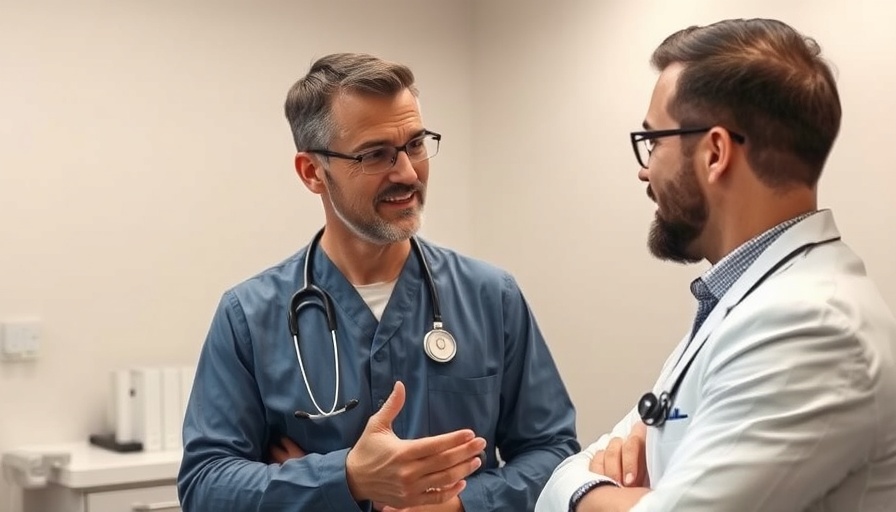
The Determined Fight Against Medicare Payment Reductions for Physicians
Understanding the Impact of Medicare Payment Cuts
Imagine you're at a place where changes are brought in to help, yet they end up causing a bigger challenge. That's exactly what's happening with physicians dealing with Medicare payment cuts. The American Society of Plastic Surgeons (ASPS) has been tirelessly advocating for fair reimbursement from Medicare to ensure patients receive the care they need. These cuts stem from an unexpected source—the enormous $1.9 trillion American Rescue Plan. While this plan was designed to safeguard patients and healthcare practices, it also imposed spending reductions, as triggered by the Pay As You Go (PAYGO) Act. This resulted in a projected 4% or $36 billion reduction in Medicare's budget.
The Continuous Effort to Alleviate Cuts
Healthcare providers were already at risk of facing a 2% reduction known as sequestration, which Congress had temporarily suspended. Yet, the American Rescue Plan brought these concerns back to the forefront. ASPS was quick to react, engaging actively with Congress and providing a unified voice to prevent these cuts. Their persistent efforts paid off when the House voted to eliminate the 2% cut through the end of 2021. Such dedication illustrates a hopeful outcome for the ASPS and the medical community at large.
Learning from A History of Advocacy
The ASPS's struggle against Medicare cuts is not a new endeavor. Their consistent advocacy began long before the recent circumstances, as seen in their stance against the Medicare Access and CHIP Reauthorization Act of 2015. Although the battle continues, the Society joins forces with others, such as the Alliance of Specialty Medicine, to call on policymakers for more substantial relief. This ongoing commitment shows the resilience of organizations determined to secure better healthcare provisions.
The Broader Implications of Medicare Reductions
Why does this matter? Well, reductions in Medicare not only affect the medical practitioners but also ripple into the world of patients who rely on these services. Proper compensation ensures that capable and qualified physicians can continue their life-changing work. Imagine if a loved one needed essential care but found it delayed or unavailable due to these financial roadblocks. By focusing on fair practices, the broader healthcare community can continue offering top-quality treatment without fear of financial collapse.
 Add Row
Add Row  Add
Add 






Write A Comment